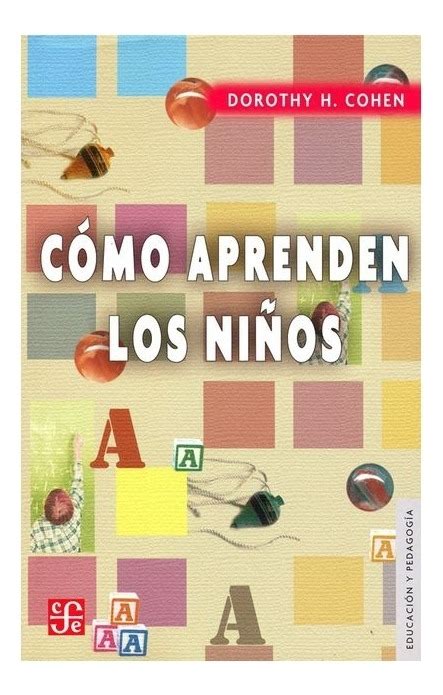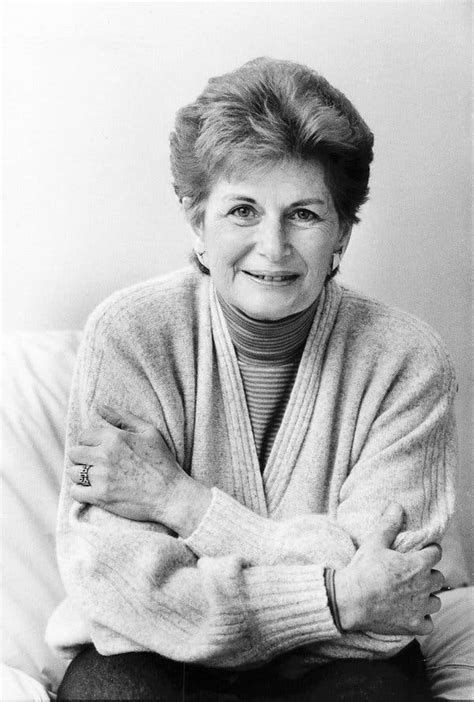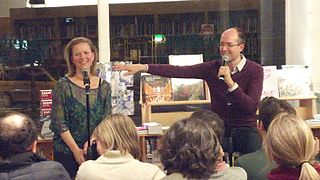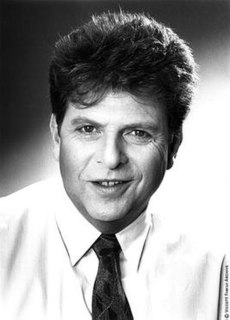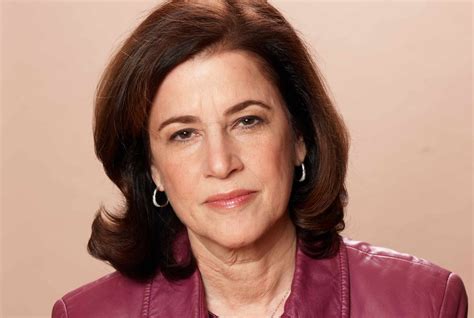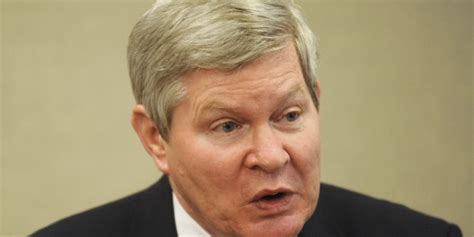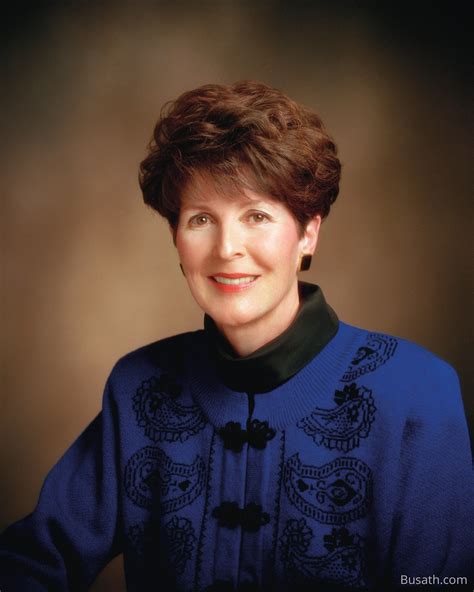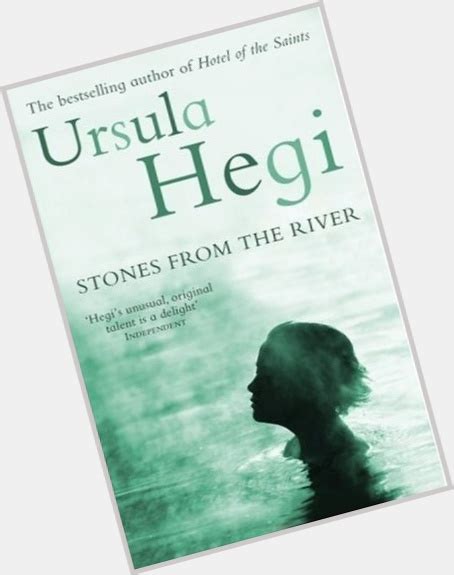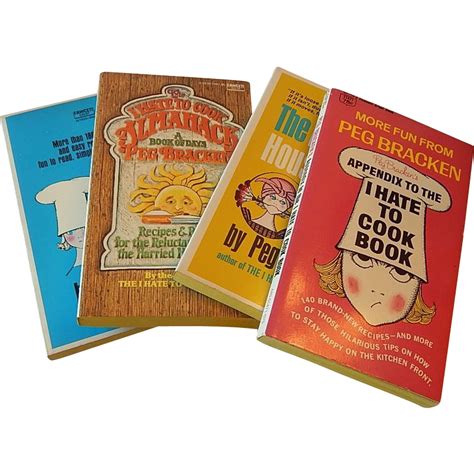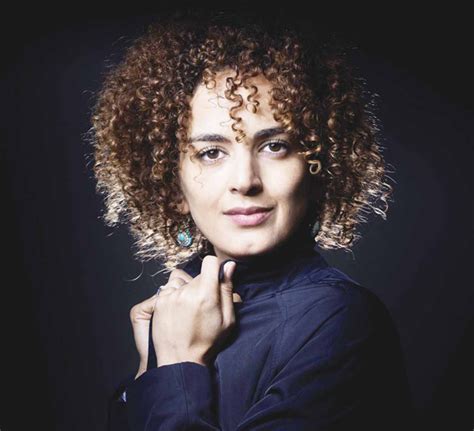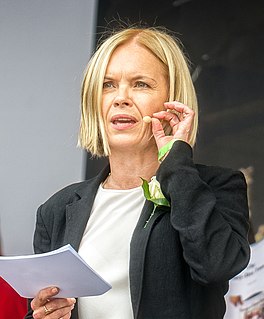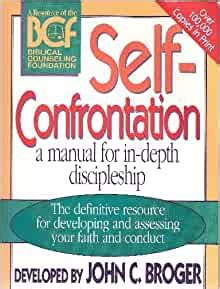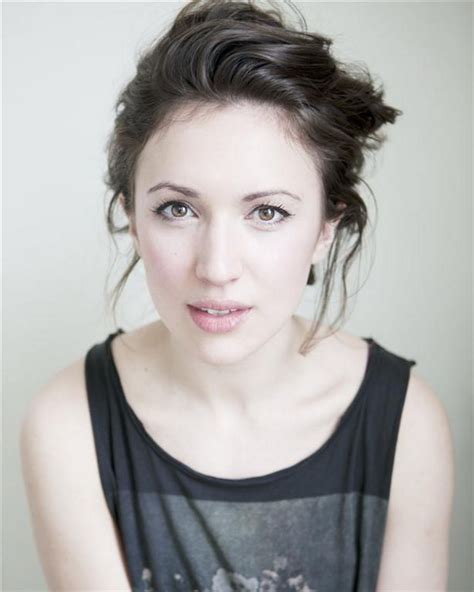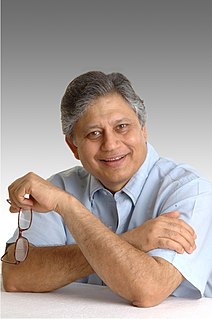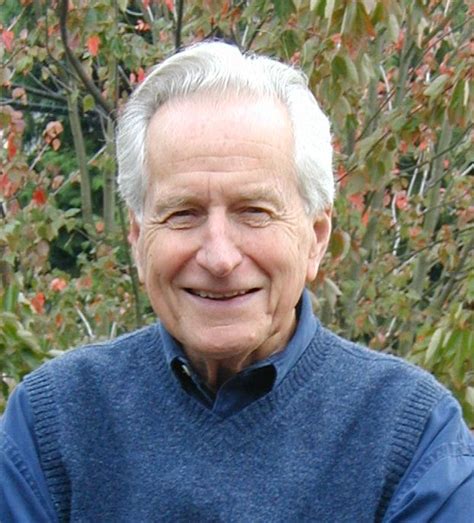Top 1200 Children And Parents Quotes & Sayings - Page 3
Explore popular Children And Parents quotes.
Last updated on April 16, 2025.
Children who are not encouraged to do, to try, to explore, to master, and to risk failure, often feel helpless and inadequate. Over-controlled by anxious, fearful parents, these children often become anxious and fearful themselves. This makes it difficult for them to mature. Many never outgrow the need for ongoing parental guidance and control. As a result, their parents continue to invade, manipulate, and frequently dominate their lives.
The authoritarian child-rearing style so often found in working-class families stems in part from the fact that parents see aroundthem so many young people whose lives are touched by the pain and delinquency that so often accompanies a life of poverty. Therefore, these parents live in fear for their children's future--fear that they'll lose control, that the children will wind up on the streets or, worse yet, in jail.
History is a story like any other, but black history is a story so devoid of logic that it frustrates the young reader. The young readers in my house, told of slavery and segregation, asked in disbelief, 'What? Why?' We - the parents of black children, the parents of all children - still need to tell that story.
[17th-century] Puritans were the first modern parents. Like many of us, they looked on their treatment of children as a test of their own self-control. Their goal was not to simply to ensure the child's duty to the family, but to help him or her make personal, individual commitments. They were the first authors to state that children must obey God rather than parents, in case of a clear conflict.
It has been noticed that people who are not parents often have a peculiar fondness for children. This is sometimes attributed to a very beautiful nostalgia for a gift denied to them - dream-children, flowers that have only bloomed in imagination - but we think it is rather because they have not the faintest idea how dreadful children are.
Even today . . . experts, usually male, tell women how to be mothers and warn them that they should not have children if they have any intention of leaving their side in their early years. . . . Children don't need parents' full-time attendance or attention at any stage of their development. Many people will help take care of their needs, depending on who their parents are and how they chose to fulfill their roles.
If parents want to give their children a gift, the best thing they can do is to teach their children to love challenges, be intrigued by mistakes, enjoy effort, and keep on learning. That way, their children don’t have to be slaves of praise. They will have a lifelong way to build and repair their own confidence.
Love is at the root of all healthy discipline. The desire to be loved is a powerful motivation for children to behave in ways thatgive their parents pleasure rather than displeasure. it may even be our own long-ago fear of losing our parents' love that now sometimes makes us uneasy about setting and maintaining limits. We're afraid we'll lose the love of our children when we don't let them have their way.
Escuela Caribe preyed upon parents' fears of secular culture to recruit students. Parents could send their kids to a place where they'd be sheltered from evil secular influences - sex, drugs, alcohol, and a questioning mentality. A place where children would be forced to become good little clones of their parents.
Much of the pressure contemporary parents feel with respect to dressing children in designer clothes, teaching young children academics, and giving them instruction in sports derives directly from our need to use our children to impress others with our economic surplus. We find "good" rather than real reasons for letting our children go along with the crowd.
Children make you confront your own childhood. Which I think is common. Suddenly you're remembering your own parents as parents, not to mention the fact that you're confronted by them as grandparents. So you also have that terrible shock, a mirror image of your own. You suddenly seem to be so helpless in the face of young children. And you think, "How did you ever bring up me?"
All in all, the communally reared children of Israel are far from the emotional disasters that psychoanalytic theory predicted. Neither have they been saved from all personality problems, as the founders of the kibbutz movement had hoped when they freed children from their parents. In any reasonable environment, children seem to grow up to be themselves. There is no evidence that communal rearing with stimulating, caring adults is either the ruination or the salvation of children.
To raise children you must have love and a wholesome understanding, and that is why a parent should pray fervently for their own salvation, so that their own sin does not get in the way. We can be saved from irritation and anger! Children can quickly sense if their parents are irritated, and then the children can be easily provoked and react stubbornly.
My daughter is seven, and some of the other second-grade parents complain that their children don't read for pleasure. When I visit their homes, the children's rooms are crammed with expensive books, but the parent's rooms are empty. Those children do not see their parents reading, as I did every day of my childhood. By contrast, when I walk into an apartment with books on the shelves, books on the bedside tables, books on the floor, and books on the toilet tank, then I know what I would see if I opened the door that says 'PRIVATE--GROWNUPS KEEP OUT': a child sprawled on the bed, reading.
The upshot of pervasive public belief in the uncontrollable sexuality of teenagers, and even of pre-teenagers, is that parents arehalf-hearted in their efforts to supervise and control their children, even when they are filled with anxiety as to their children's ability to cope with a full-fledged sexual relationship. "How can we buck the tide?" parents say helplessly, often without making quite certain that the ocean they see is a real one and not a mirage.


